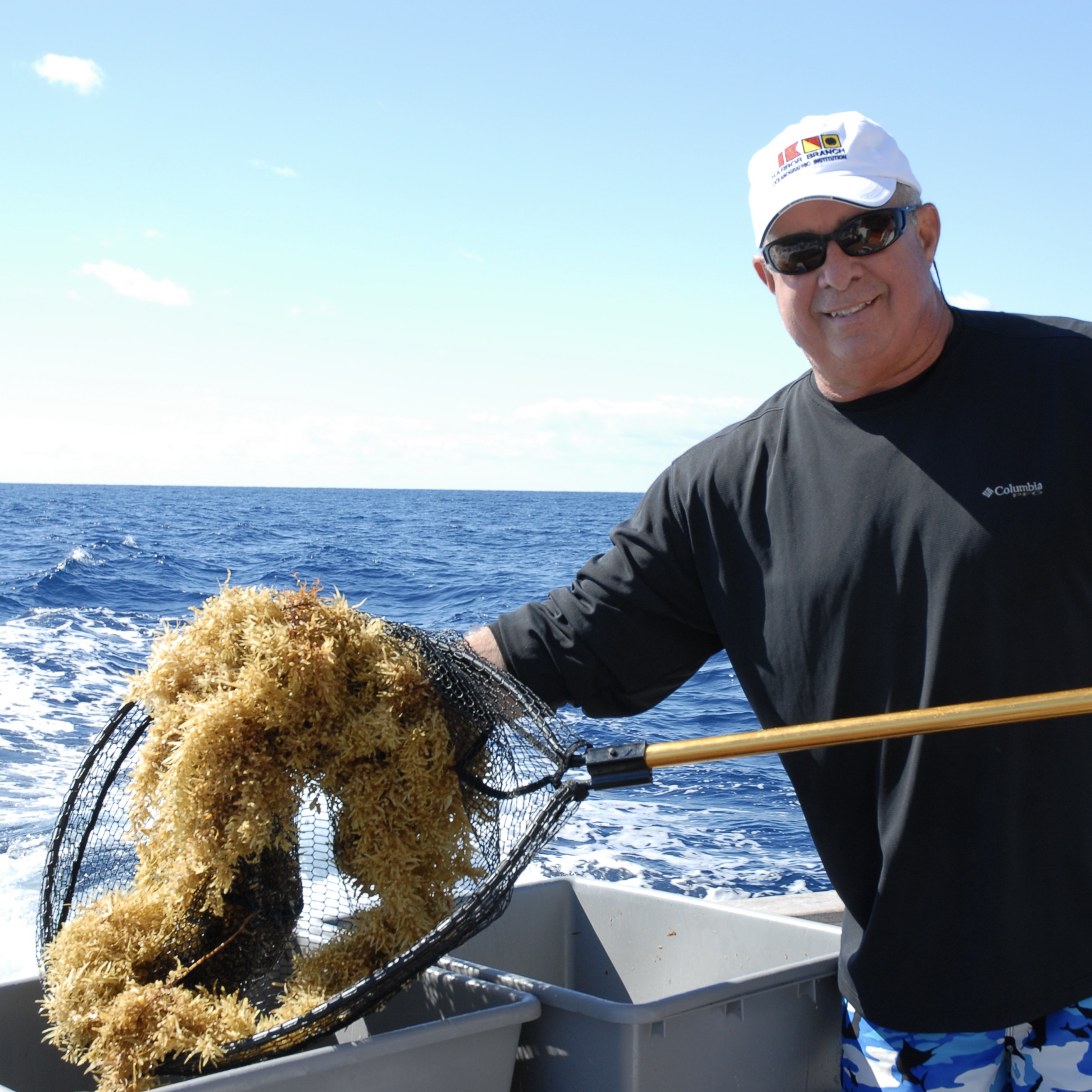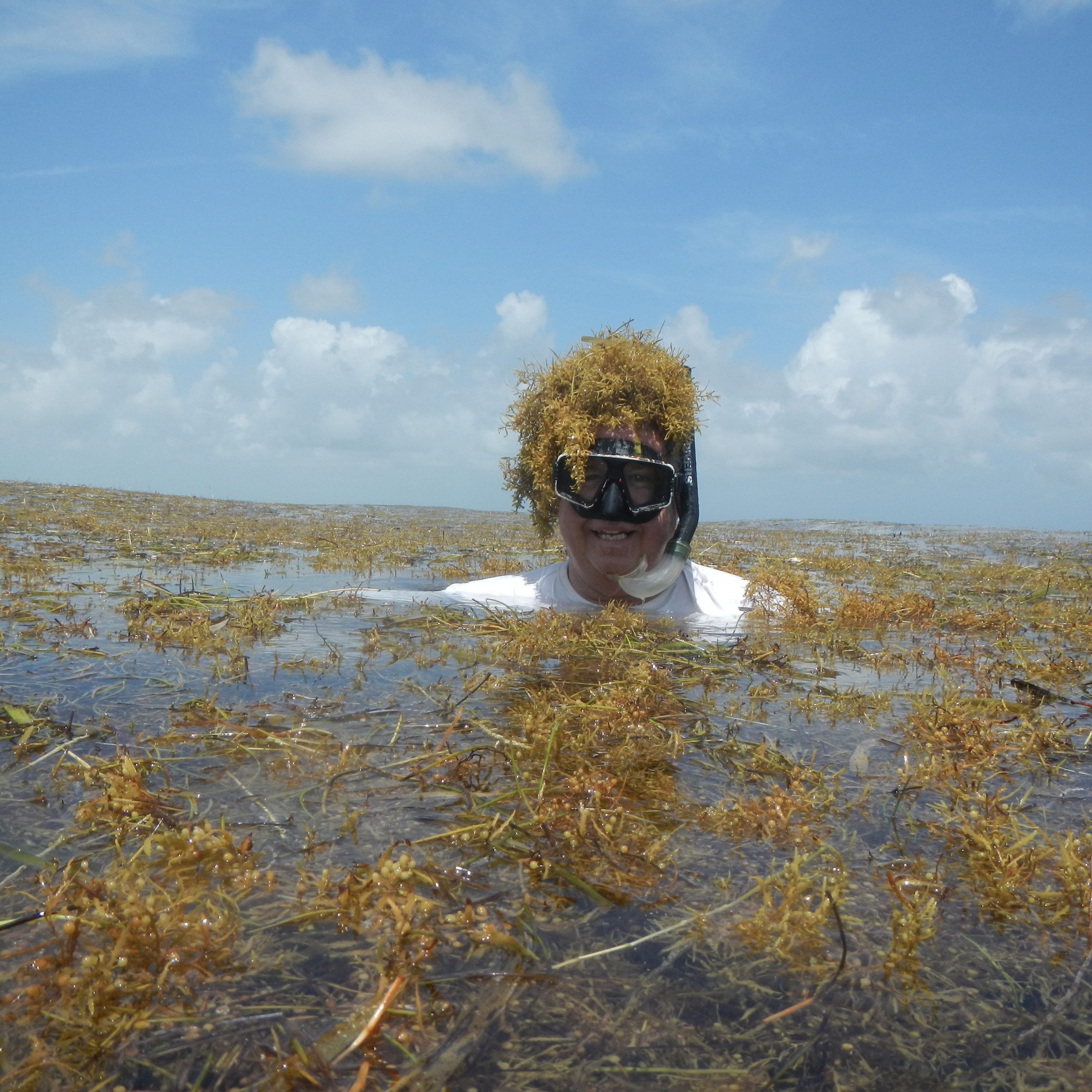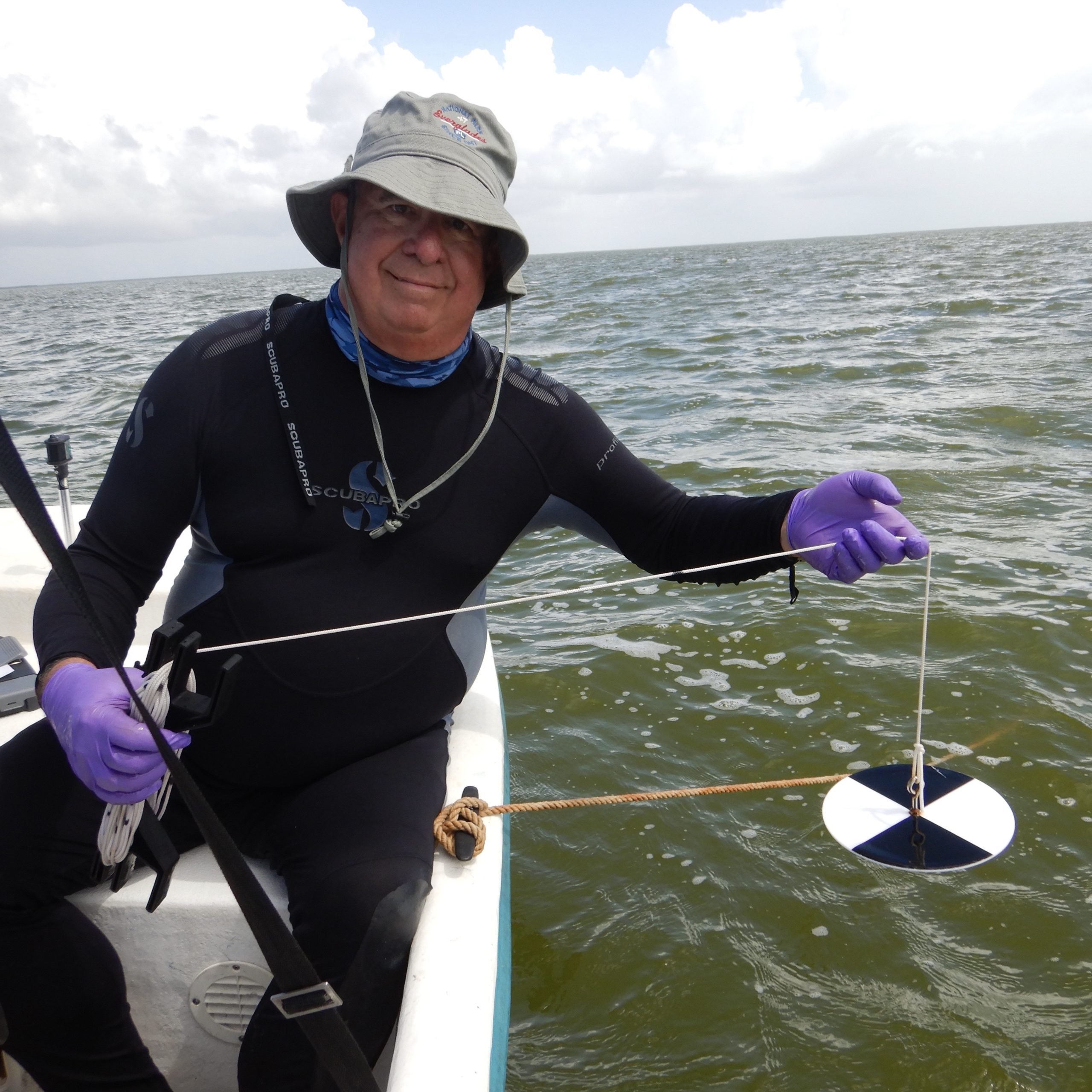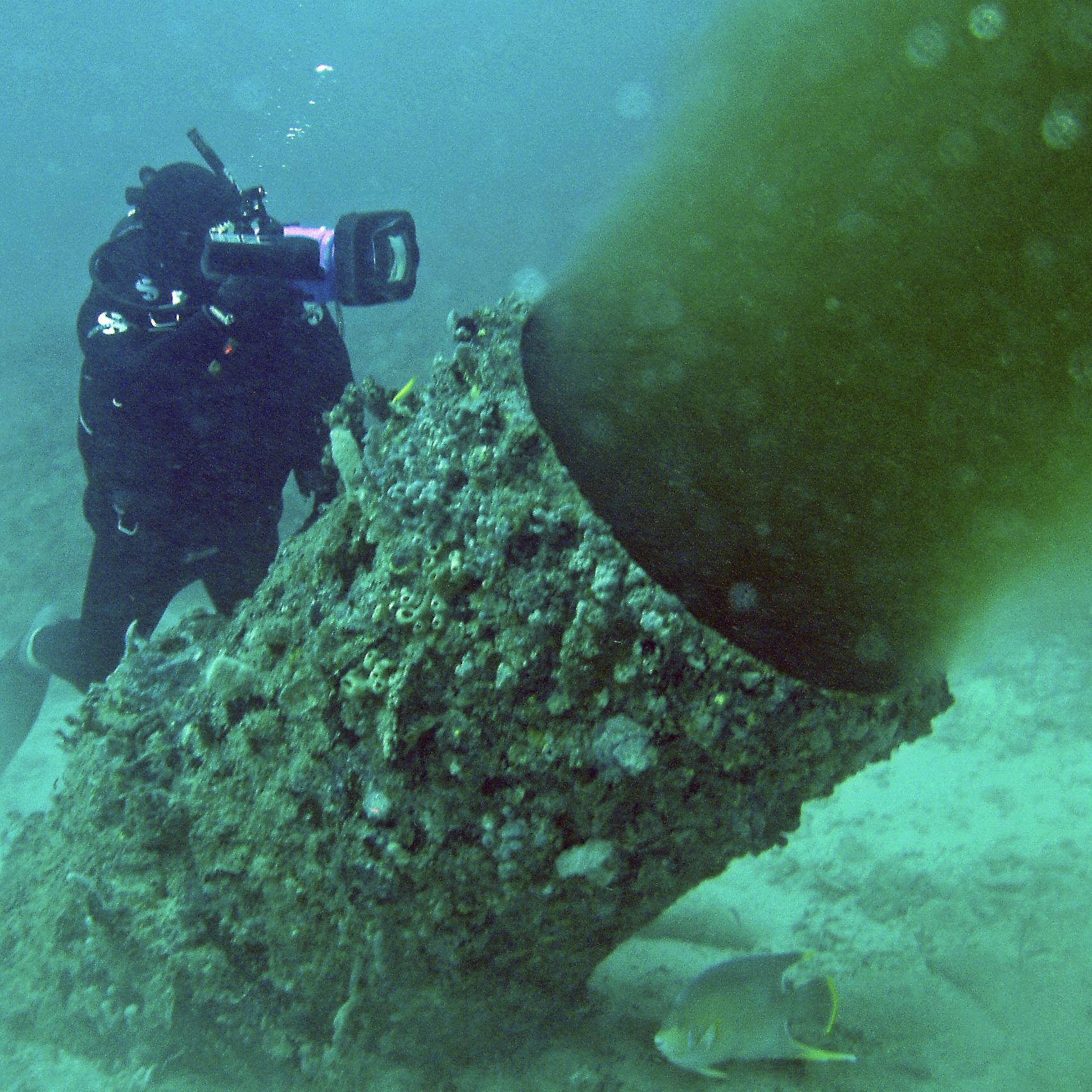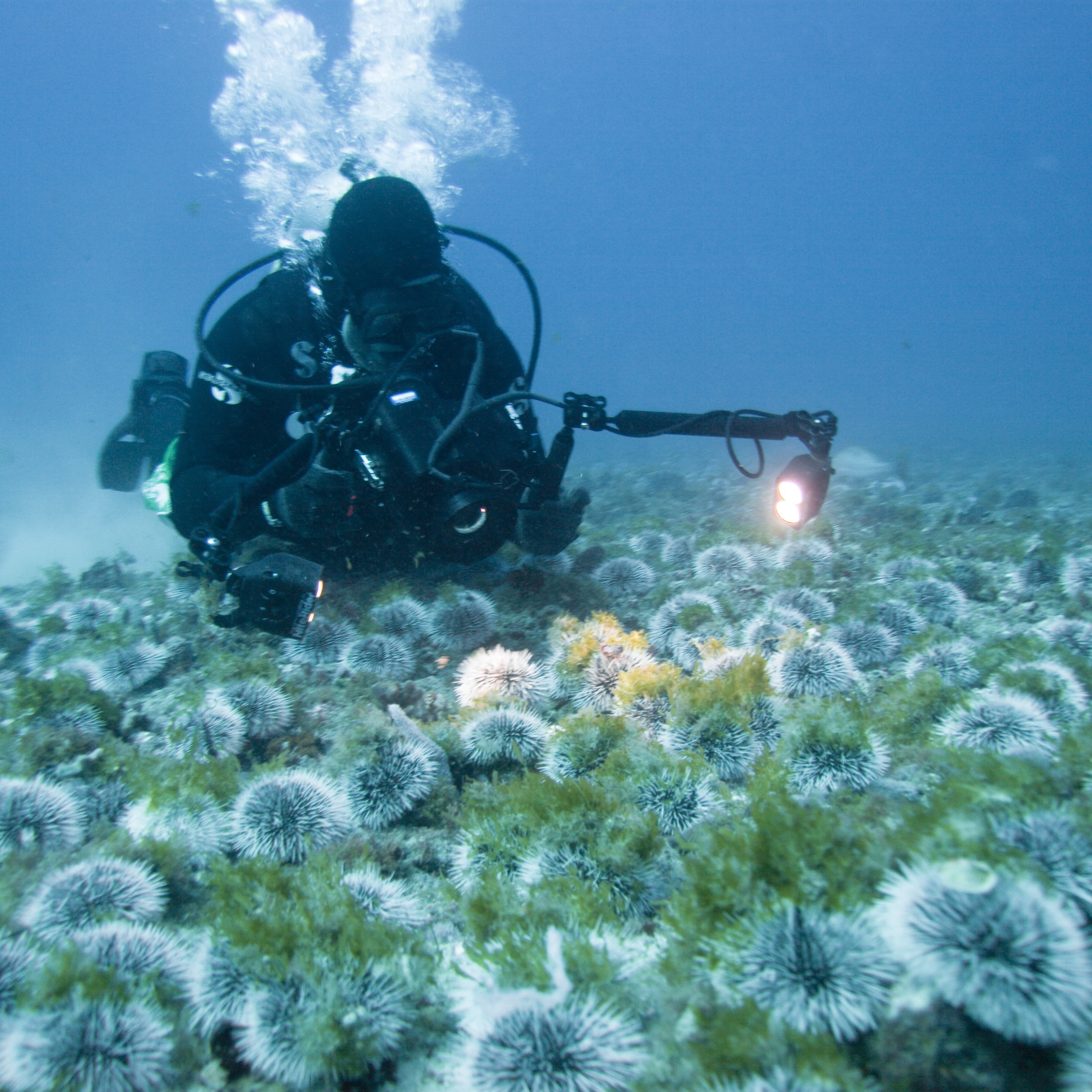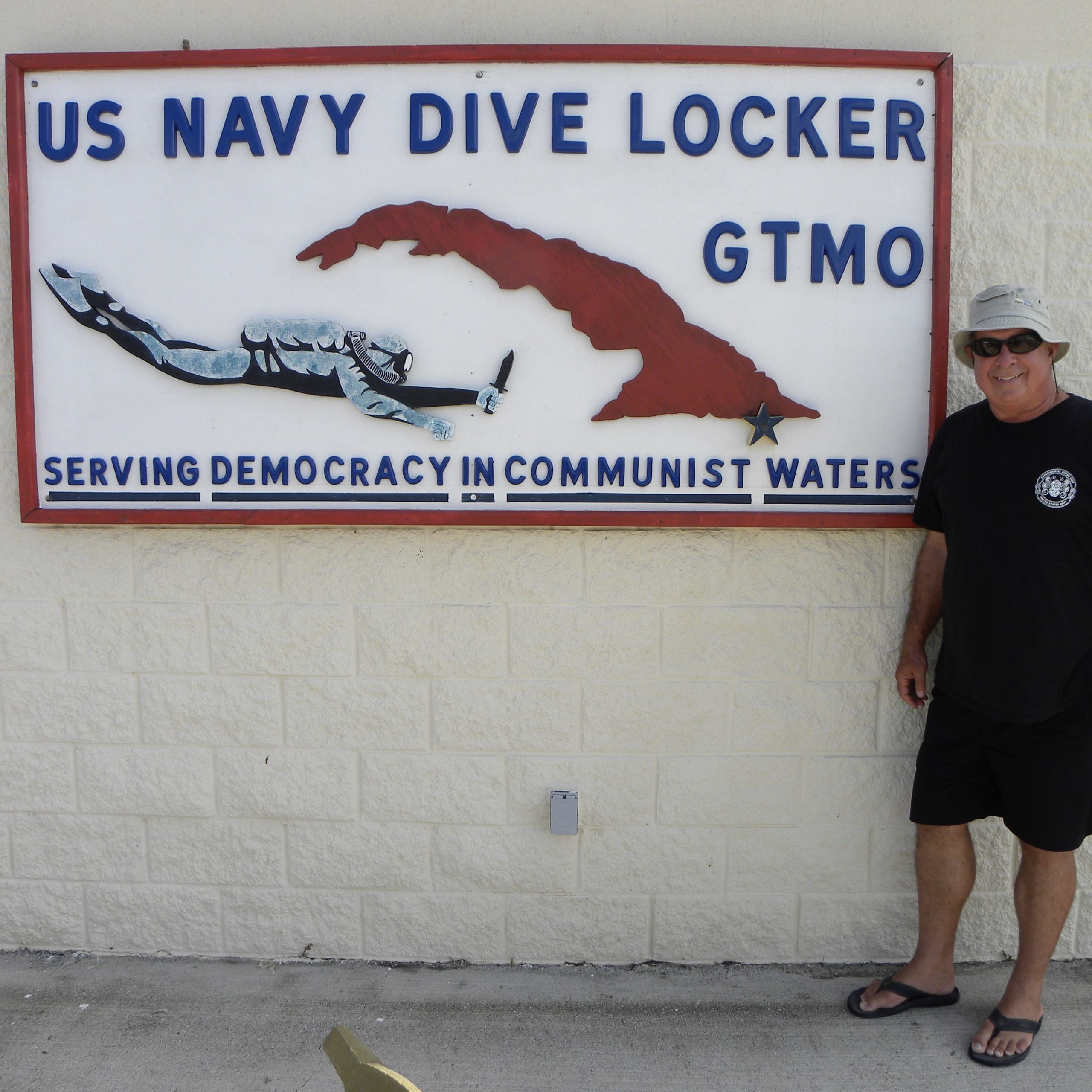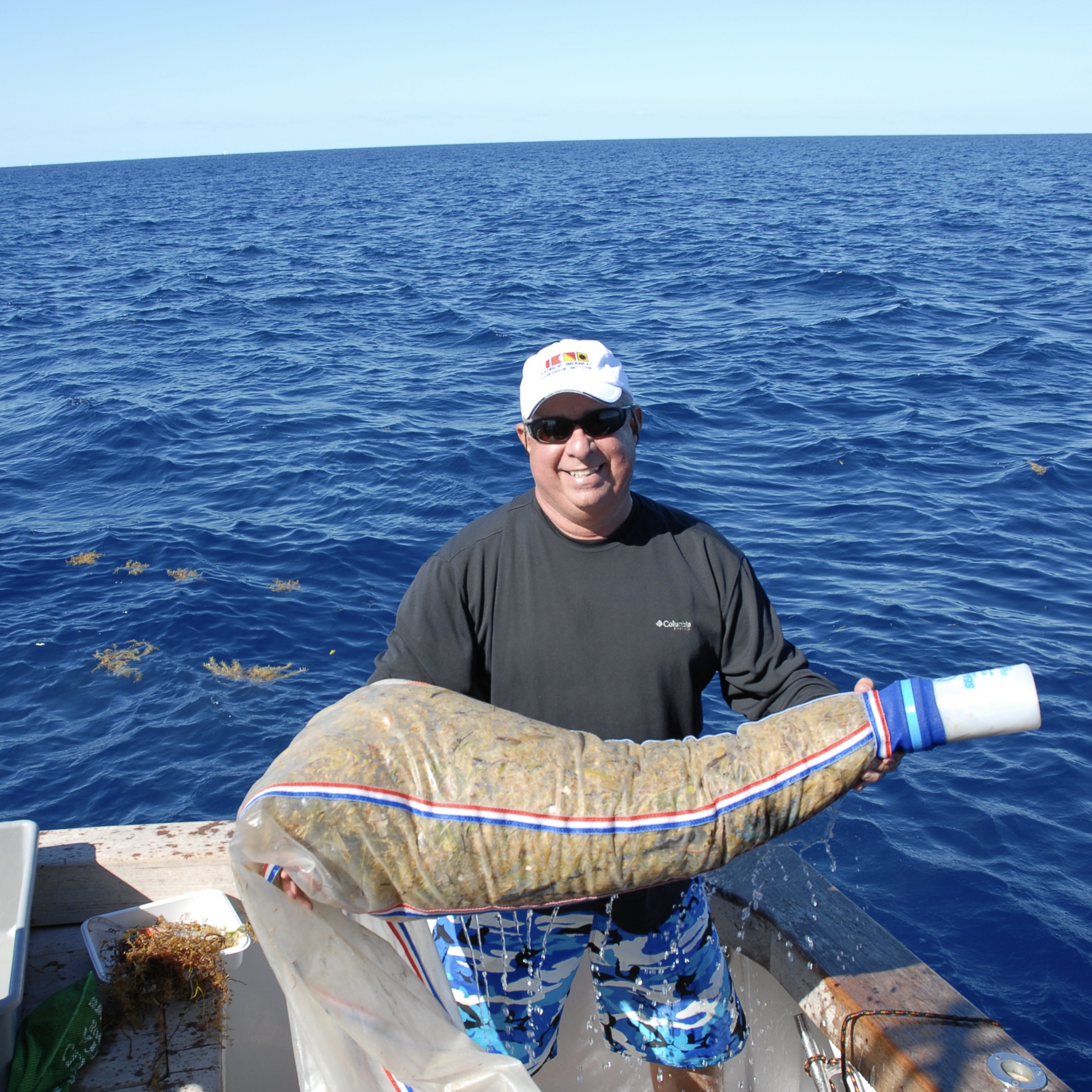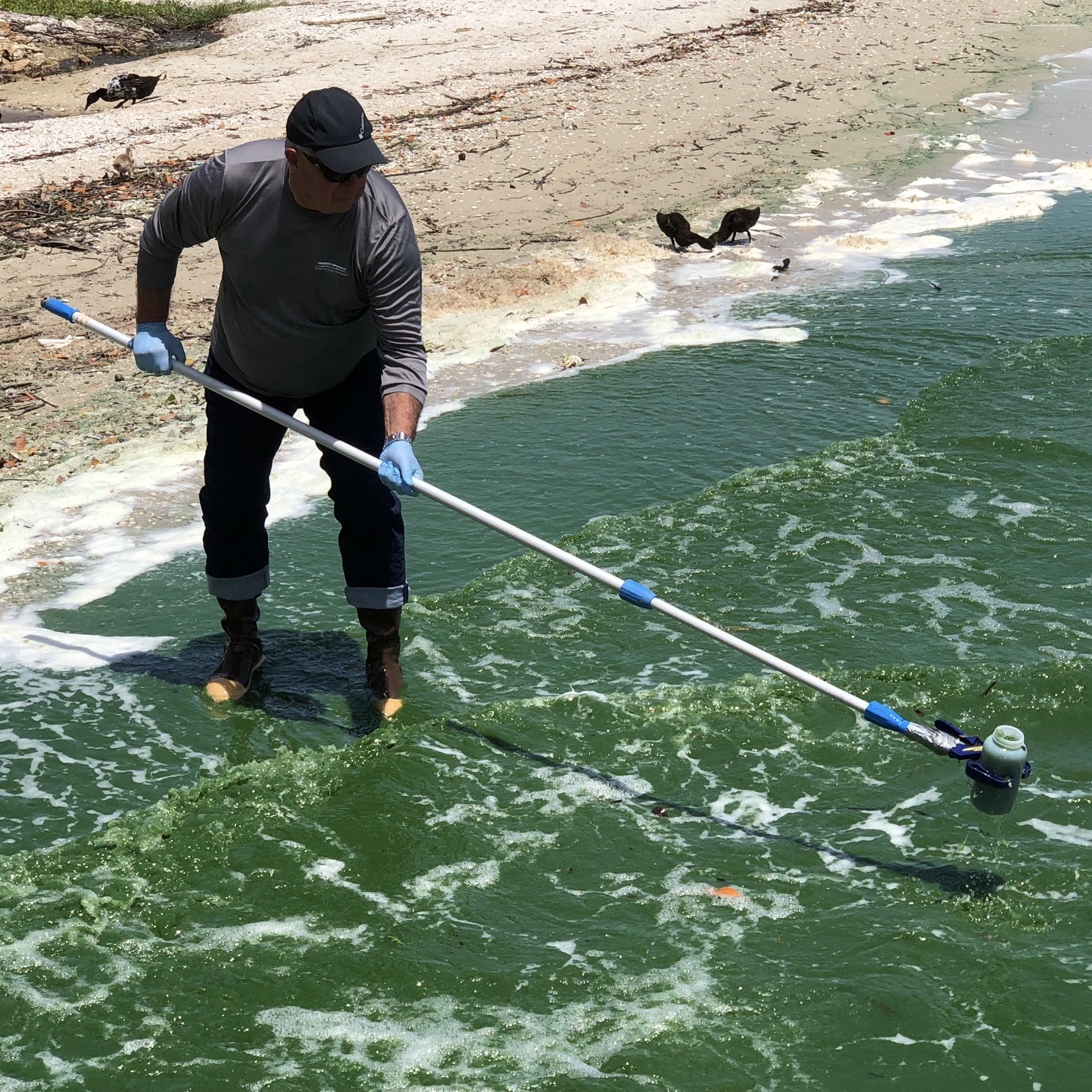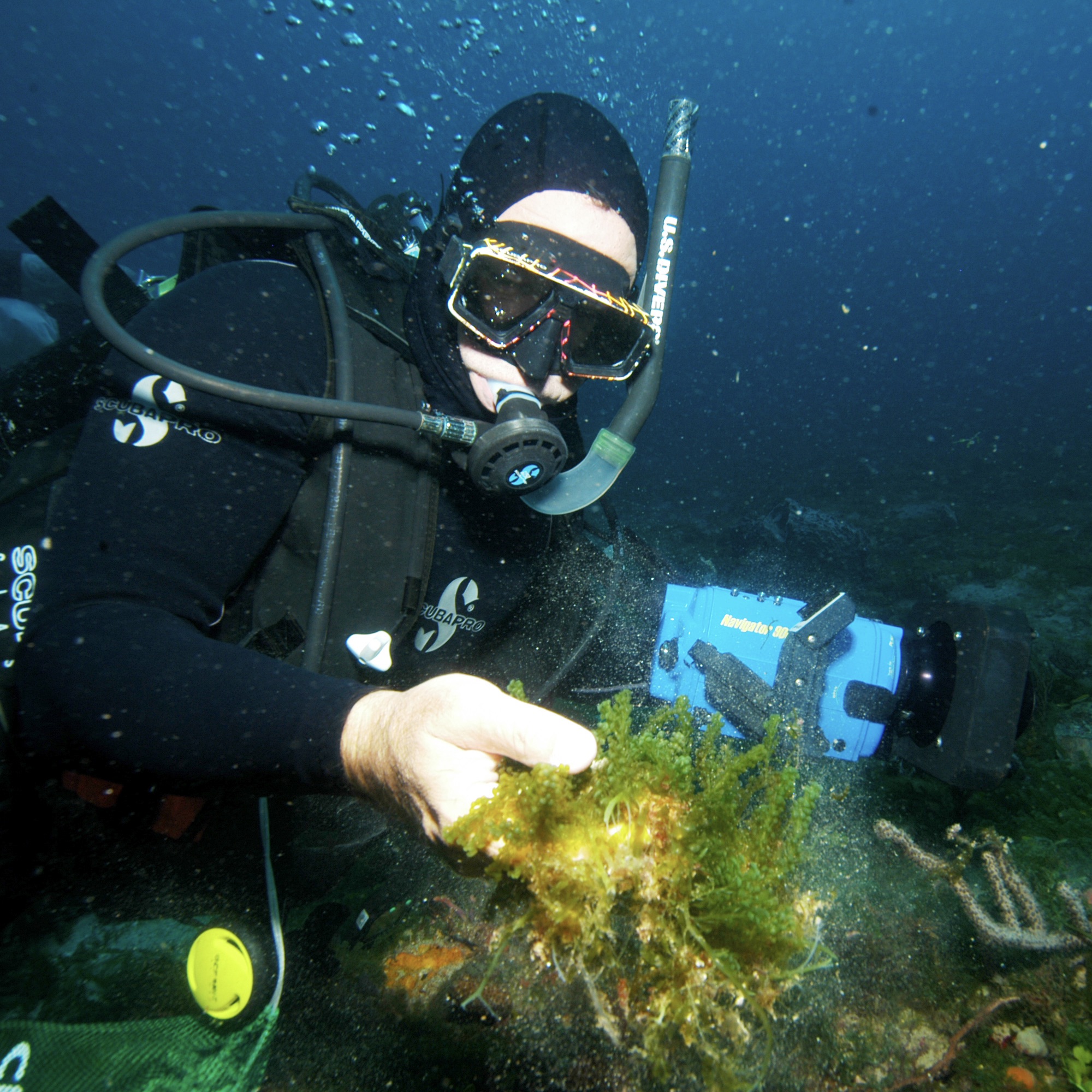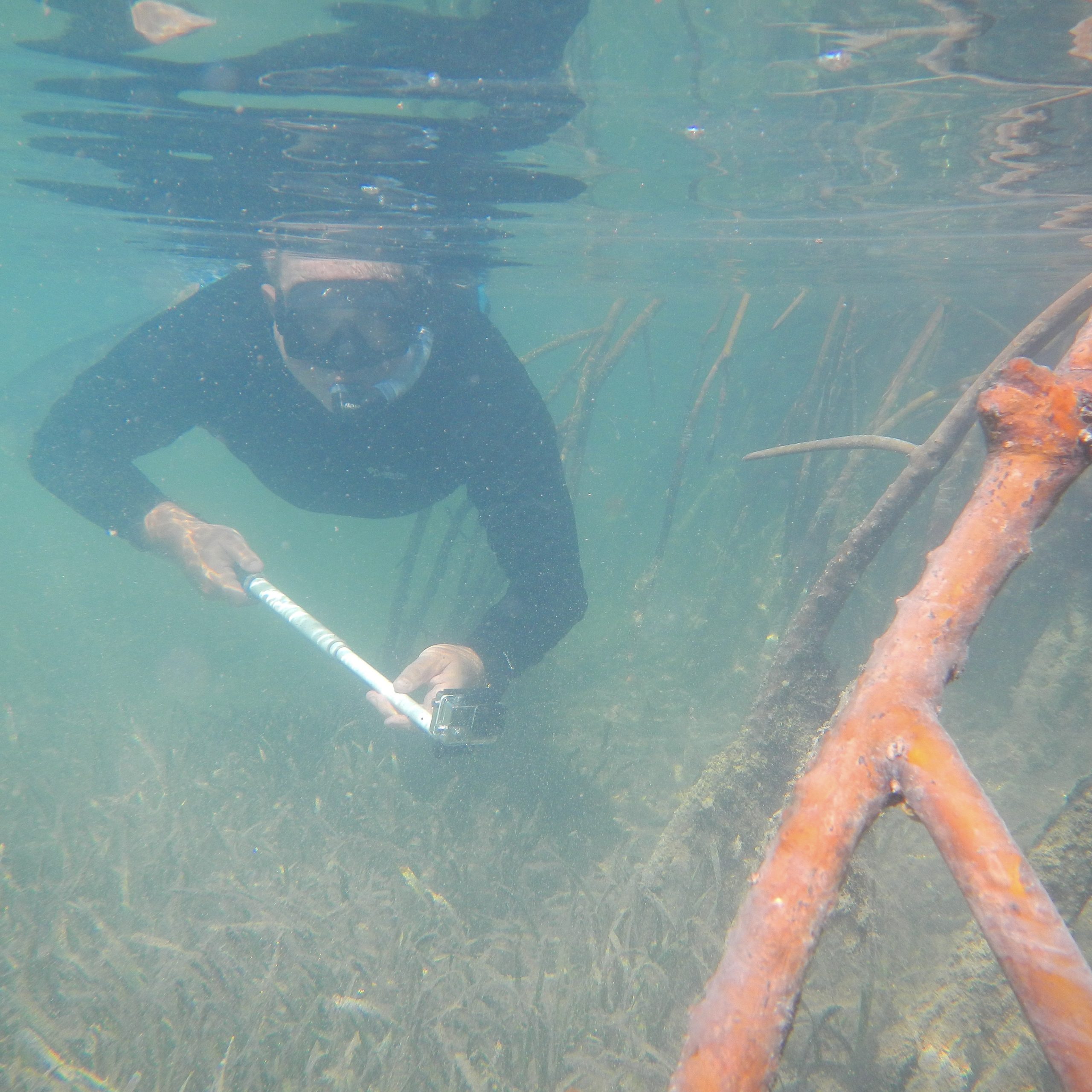
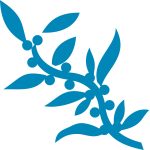

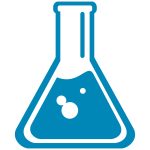
Meet Brian Lapointe
I am proud to have established a successful career and be internationally renowned for my research on water quality and harmful algal blooms in tropical and subtropical seagrass and coral reef ecosystems. Currently, I’m a Research Professor in the Marine Ecosystem Health Program at the Harbor Branch Oceanographic Institute (HBOI) at Florida Atlantic University (FAU) in Ft. Pierce, Florida. Prior to joining HBOI in 1983, I spent time at Woods Hole Oceanographic Institution in Massachusetts and Skidaway Institute of Oceanography in Georgia. Having assessed nutrient pollution and algal blooms throughout coastal waters of South Florida and the Caribbean region since 1974, my current work focuses on the declining health of the Indian River Lagoon and the massive Sargassum blooms impacting the Caribbean region. During my career, I’ve led numerous research expeditions in Bermuda, Bahamas, Belize, Cuba, Jamaica, Martinique, Trinidad & Tobago, Bonaire, Curacao, St. Lucia, Barbados, and the Great Barrier Reef, Australia. I pioneered the concept of nutrient threshold concentrations that initiate algal blooms, the use of stable nitrogen isotopes to “fingerprint” the source(s) of land-based nitrogen pollution and established the longest low-level nutrient monitoring record for a coral reef anywhere in the world at Looe Key reef in the lower Florida Keys.
My work to date includes the publishing of over 120 scientific papers, four book chapters and a contributing author of the book “Clean Coastal Waters: Understanding and Reducing Nutrient Pollution” published by the National Academy of Sciences. I’ve received numerous awards for my work, including the Sigma Xi Outstanding Research Award, a John D. and Catherine T. MacArthur Foundation Award, and inclusion in “Who’s Who in Scuba Diving and Underwater Research” and “Who’s Who in America, Science and Engineering, the Millennium Edition.” I also served on the Editorial Board of the journal Harmful Algae.
1982 Ph.D. Biology, University of South Florida
1979 M.S. Environmental Sciences, University of Florida
1973 B.A. Biology, Boston University
Get To Know Brian
I was born in Greenfield, Massachusetts. This shaped my career because I grew up close to nature, hunting and fishing in cold water streams of western Massachusetts with my father.
Definitely manatees because they are so handsome and peaceful, and they are lower down on the food chain meaning they eat plants, which makes them a herbivore.
I like to fish, travel, bike, kayak and go camping and hiking in Maine.
I completed eight years of college, and four years as a research assistant at Woods Hole Oceanographic Institution. This led to my 40-year career as a marine scientist at Harbor Branch-Florida Atlantic University.
My research focuses on nutrient pollution and harmful algal blooms.
I hope to see a positive change with improved human wastewater treatment, which a policy issue that has become a crisis in many parts of Florida.
It is important because harmful algal blooms are increasingly impacting aquatic ecosystems, human health and economic well-being. Sound science, not politics, must guide future efforts to improve water quality and mitigate algal blooms.
I did not expect the enormous scale at which humans are enriching the planet with reactive forms of nitrogen, thereby feeding harmful algal blooms that impact ecosystems and biodiversity.
It’s part field work such as SCUBA diving in the Florida Keys or collecting algae or water samples from a boat in the Indian River Lagoon or Atlantic Ocean. Also, it’s partl laboratory work like processing algae and water samples, and then writing of proposals and papers to fund my research and share my research with the scientific community and public at large.
Doing more administration duties is always challenging! I enjoy going into the field, but now I really love to see data and results coming through. I particularly like to see the results my graduate students produce; getting data is challenging, and when we see the results, it’s the result of all their hard efforts. I actually love to write and publish scientific papers as I treat them like I am telling a (factual) story.
Simply, the excitement and personal satisfaction of discovery. In the post-truth era we live in, sound science is more important than ever. The great thing about science is that it is true, whether you believe it or not.
Follow your dream to make a difference in your own way and never give up!
Interview conducted in August 2023

